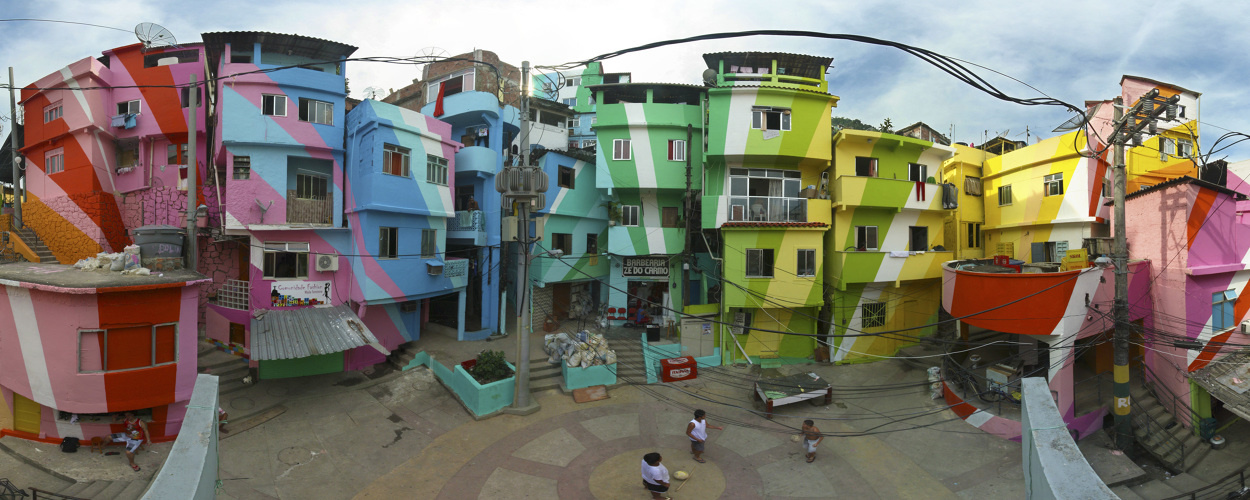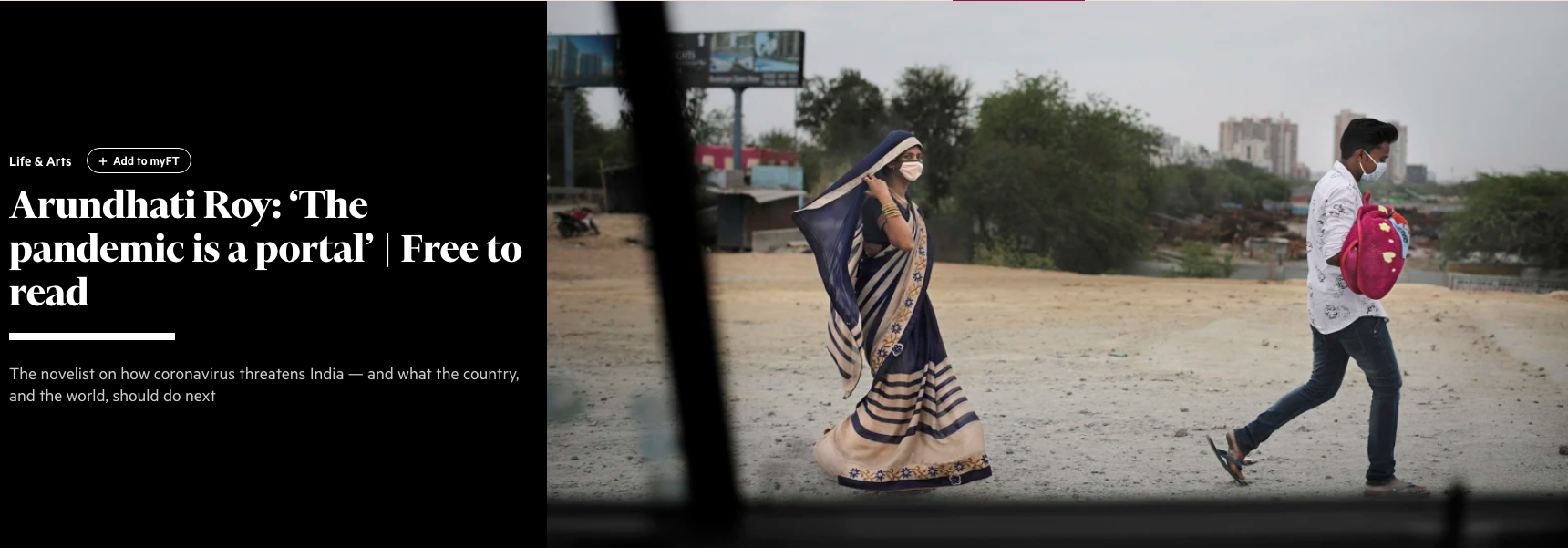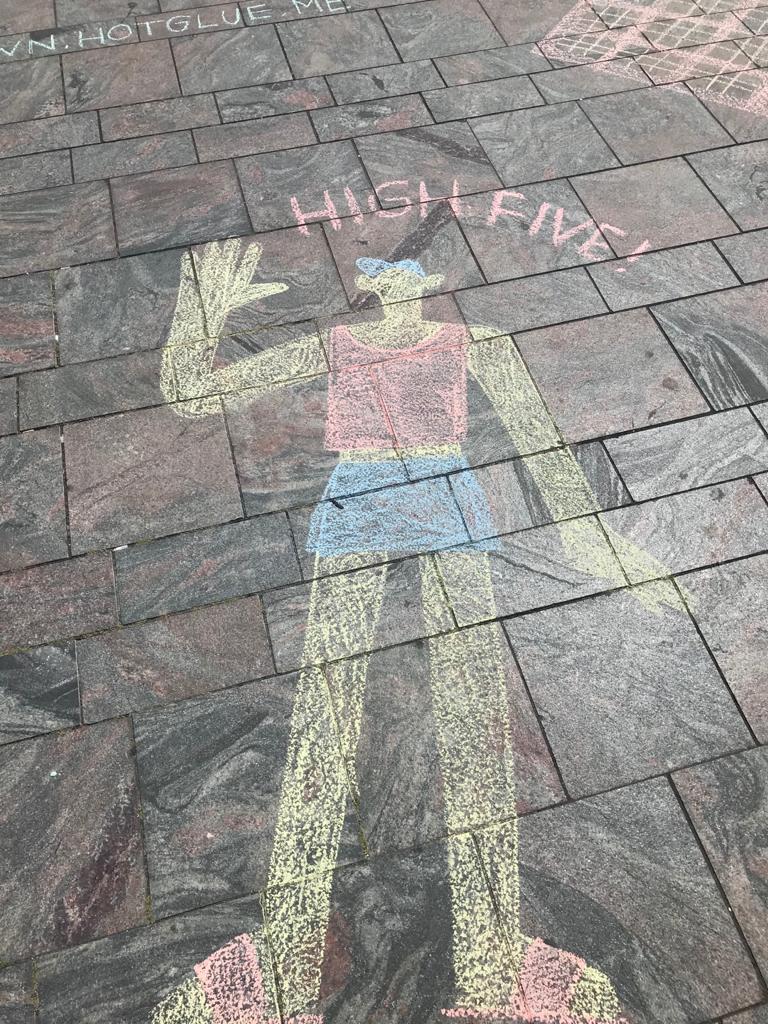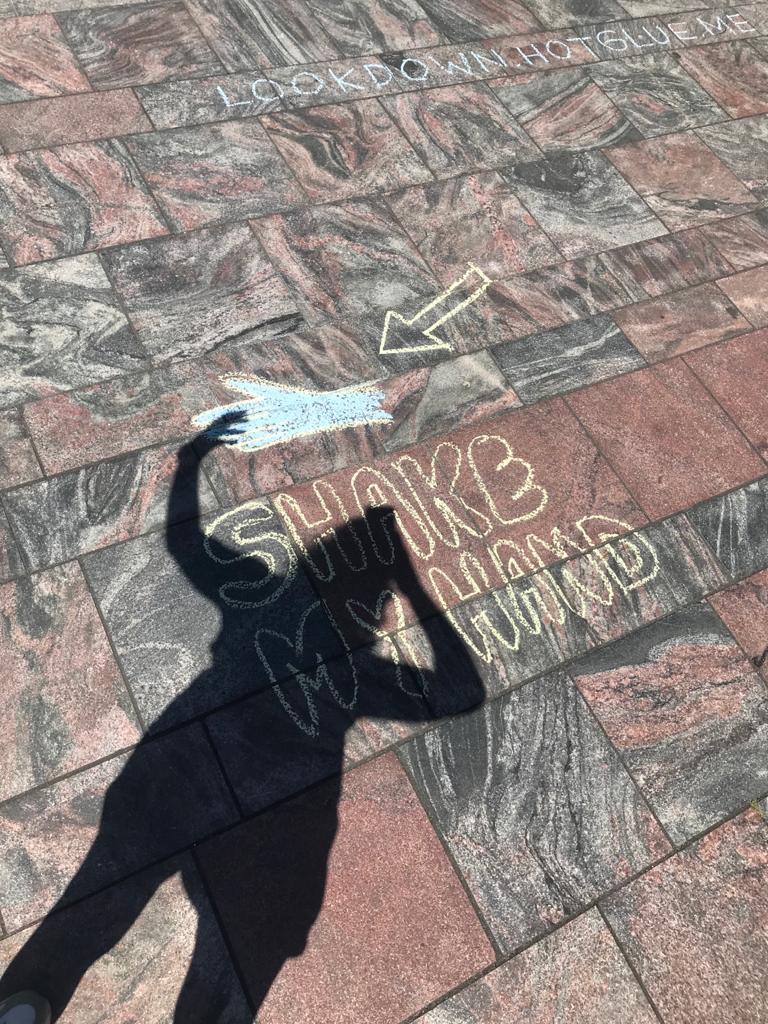I am Karli and this exists since 20-5-20
<–– These are free now,
why not use them?
I love peanuts
<–– this is me, chilling
this I saw
this I got
this I made
I called my aunt in Graz, Austria to see how she's doing. We barely talk, which is a shame.
Since I am the headmaster, I had to be in school all day. Even though in the beginning there weren’t any kids and barely any other teachers, it was good to be able to get out of the house.
How did the lockdown affect your daily life?
There are many things. What I missed the most was not seeing my friends, family and especially my kids, basically the whole social life. I had planned to visit my mother (who is terminally ill) shortly before the lockdown started, but a kid from school had a father who had Corona and therefore the risk was too high. That was very unfortunate, since I don’t know how often I will get to see her anymore. (Eventually she got to see her last week.)
What did you miss most during the lockdown?
What I also miss is shaking hands. It’s this act of politeness. The kissing on the cheek on the other hand (in Austria, we kiss on the cheek two times), I don’t miss at all. Since all of us had their birthdays during Corona, we didn’t get to celebrate really. We often ate out before, but now I must cook every day which I don’t always feel like after work.
How did you overcome certain limitations?
We celebrated my husband’s birthday with 6 people, 4 of which just “randomly passed by” our house, standing outside the fence with a 2-meter distance and prosecco. But that was the only time we did that.
What insights did you gain?
That you can become really lonely really fast. And that you usually buy much more stuff than you need. Before Corona I used to go for window shopping almost every Saturday and would often buy something, anything. I don’t miss that at all. It’s unnecessary.
How do your surroundings deal with the crisis?
Also, online tutoring is working extremely well. The kids were very motivated and made a lot of progress. That is good, but I still very much prefer giving face to face classes and would never want to work online only.
I feel like young people, like one of my sons for example, don’t really care much. The same goes for old people. The supermarkets established an extra opening hour in the morning for the elderly to shop but that wasn’t really made use of. People in my age, however, seem to be very cautious.
Also, we have nurses coming to take care of my husband. Every morning there comes a different one. I understand that they will not send the same nurse every day, but there were like 9 different ones. Looking at the situation, I found that quite strange.
.2
Question: How are projects like this funded and how can there be a way to establish fundings for them?
PUBLIC
UNDERGROUND
- everyone can be involved
- reaching a wide range of people
- better chance to get responses
- your work is exposed
- things are taken more seriously
- a specific group or network can be targeted
- it is exciting to work unseen
- actions can be more extreme
- you can still go public
- a vibe of mystery
- better fit for provocative action
PROS
CONS
- not reaching specific people
- one has to deal with people's reactions
- your work is exposed
- the actions can't be too extreme or provocative
- less people will participate
- the hurdle of getting involved with underground action might be bigger than with public action for some people
- not being taken too seriously
I was inspired by the analogue social media of rhinos, who leave their poop at a designated spot for others to investigate. The information from the poop includes for example age, sex, health and fertility status.
So I thought about something like an analogue message board at public transport stations where you can leave anything you want. Art, contact information, photos, stories, notes, anything.
(best with shell from the turkish store)
Illustrating, publishing and distributing a handbook on how to date during lockdown/with a distance
Action
drawing figures to interact with, based on what people said they miss the most
got help from my lovely friend Martje
all the places that I visit during lockdown and their potential of distributing a publication
A lot of people seem to take long walks these days so I started walking too, to see what I come across. What I noticed are the many chalk paintings on the ground, mostly sending messages to the people that look through the windows.
I found this to be a great way to communicate without any physical interaction.
Inspiration
The whole thing
.4
The alternative speakers corner
Making the books by folding them due to the lack of binding tools
the final stack
the final book
hiding the book close to a student house in Kralingen, leaving instructions on the ground on how to find it
someone who found it & shared it on instagram
there's nothing here.
had to look this up
(very handy)
visit: LOOKDOWN.HOTGLUE.ME
An example for an art project related to the text is the favela painting project (www.favelapainting.com) by Jeroen Koolhaas and Dre Urhahn, who "painted a large artwork with members of the local community in Rio de Janeiro.
Both the local and global impact of this project inspired them to continue creating large-scale community art projects across the world."

"India’s public hospitals and clinics — which are unable to cope with the almost 1m children who die of diarrhoea, malnutrition and other health issues every year, with the hundreds of thousands of tuberculosis patients (a quarter of the world’s cases), with a vast anaemic and malnourished population vulnerable to any number of minor illnesses that prove fatal for them — will not be able to cope with a crisis that is like what Europe and the US are dealing with now.
All healthcare is more or less on hold as hospitals have been turned over to the service of the virus. The trauma centre of the legendary All India Institute of Medical Sciences in Delhi is closed, the hundreds of cancer patients known as cancer refugees who live on the roads outside that huge hospital driven away like cattle.
People will fall sick and die at home. We may never know their stories. They may not even become statistics. We can only hope that the studies that say the virus likes cold weather are correct (though other researchers have cast doubt on this). Never have a people longed so irrationally and so much for a burning, punishing Indian summer.
What is this thing that has happened to us? It’s a virus, yes. In and of itself it holds no moral brief. But it is definitely more than a virus. Some believe it’s God’s way of bringing us to our senses. Others that it’s a Chinese conspiracy to take over the world.
Whatever it is, coronavirus has made the mighty kneel and brought the world to a halt like nothing else could. Our minds are still racing back and forth, longing for a return to “normality”, trying to stitch our future to our past and refusing to acknowledge the rupture. But the rupture exists. And in the midst of this terrible despair, it offers us a chance to rethink the doomsday machine we have built for ourselves. Nothing could be worse than a return to normality.
Historically, pandemics have forced humans to break with the past and imagine their world anew. This one is no different. It is a portal, a gateway between one world and the next.
We can choose to walk through it, dragging the carcasses of our prejudice and hatred, our avarice, our data banks and dead ideas, our dead rivers and smoky skies behind us. Or we can walk through lightly, with little luggage, ready to imagine another world. And ready to fight for it."

This is the last part of the article that I chose. It is not related to my project, but a very good reminder on how much less essential the limitations and problems are that the virus caused for us here in the Netherlands compared to India.
are they still there, though?
scribbles on the wall
(2nd year illustration student)
(2nd year illustration student)
this space resembles the emptiness in our hearts due to limited physical interaction
Inspired by the 2007 series "Pushing Daisies" where one single touch results in immediate death
or is there?
the end.


I grouped with Maya for the resit period. After all these months of isolation it was refreshing to work together again.
Since the lockdown was basically over for her, while I was already back in Armenia in a full quarantine, we couldn’t relate the COVID isolation of April anymore. First, we had the idea of doing a projection mapping and sharing thoughts of people on buildings, so basically having the contrast of small bits of personal thoughts on big, uncomfortable spaces. This took us to a conversation about our current situations, and we realized that, in a way, we have similarities in our background: some current political heat, the socialist past, a lot of abandoned spaces.
We thought it’s more relevant and more open (educational, why not) to combine our current situations, common historical past and connect our project to it.
Also, we noticed how the quarantine detached people from the world, as everyone was literally interacting with their own close, small environment (room, laptop screen), so we wanted to create a space where people could just share simple images from their lives and see, learn what life is like in other parts of the world.
We thought of making collages with all these scenes/buildings and distribute it as posters around with short texts about human survival/class struggle/social conditions, however, not in a very sophisticated way.
For collecting images and sharing with people, we thought opening an Instagram and taking people’s submissions of places they live in, or just images from their city that mean something to them. This could be an Instagram page for instance. That would also allow to create a network and share personal images of scenery, to make these collective images (collages) and talk about really simple, human actions and encourage humans to share their visual environments with each other and think about questions, especially after/during a pandemic that has made us question a lot.
Our audience is every citizen, every person who evern walks around or just wonders how people further than they are living.